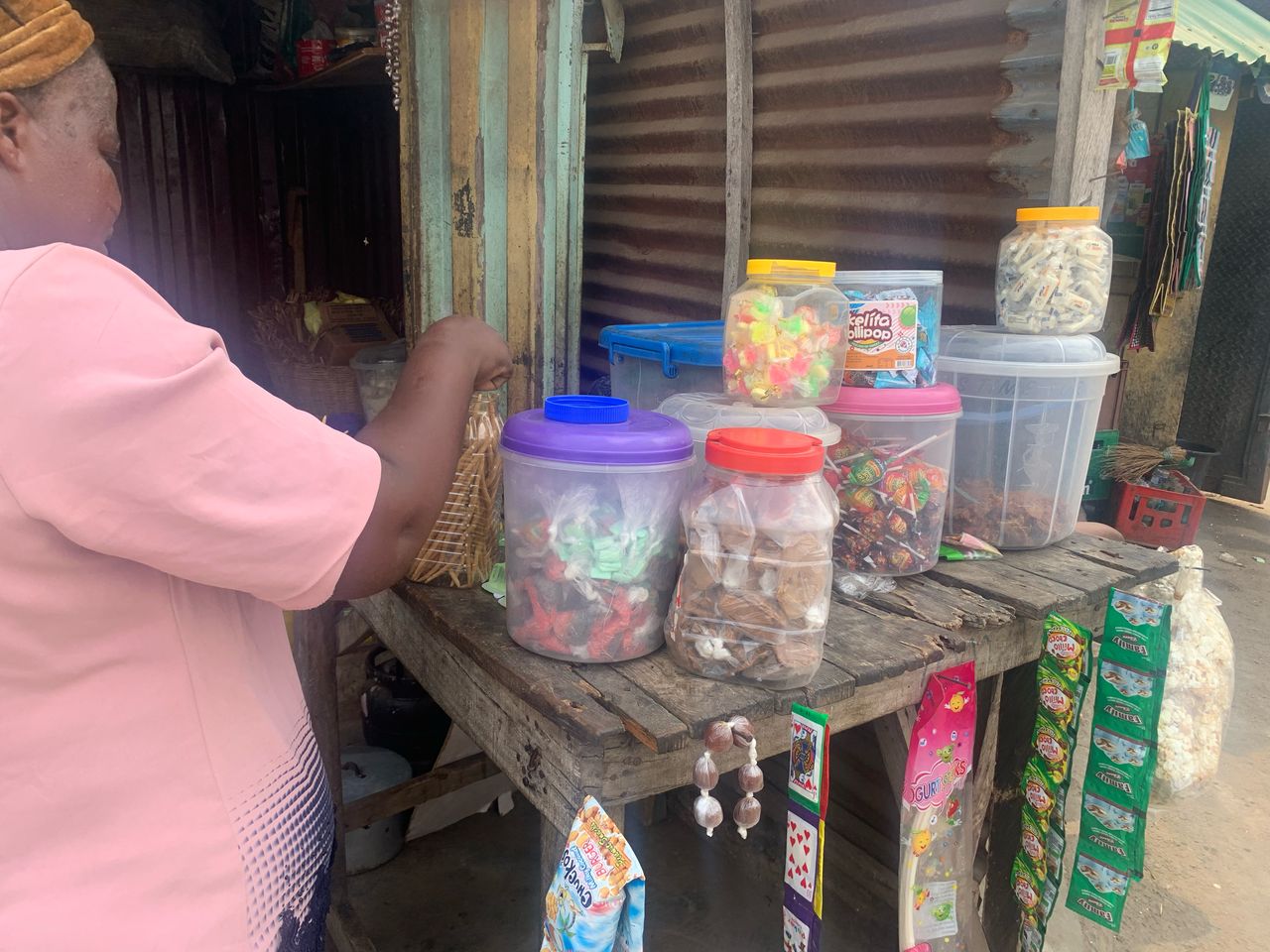
|
Getting your Trinity Audio player ready...
|
When the sun was golden brown at its apex, Oluwakemi Adeyemi, a hairdresser at Aguda-Ogba, Lagos, had her first customer on a weekend. She told me that in previous years, she typically had customers from dawn to dusk from Friday to Sunday, but things have changed. She barely has customers now, and when they come, they make hairstyles that generate only little profit.
Oluwakemi, popularly called Mama Peculiar, said she had considered closing her shop but couldn’t because hair-making is what she does best. She lamented that the last time she had electricity in her shop was last September. The small business owner said she disconnected it due to the exorbitant light charges. So, when customers want to make hair that will require electricity, such as retouching and setting it, she typically turns them down, leading to a lower profit margin.
Mama Peculiar complained that the electricity surge was not the only thing affecting her business; economic inflation was also a plague. The beauty practitioner told me that in previous years, she typically took N50,000 and N70,000 to the market every Monday to restock, but since inflation has occurred and the cost of living has skyrocketed, she has barely been able to buy goods in her shop. She said that her business has worsened with the rent increase, too. She had been paying N144,000 yearly, but now it has been increased to N244,000 per annum.
On May 29, 2023, President Bola Ahmed Tinubu announced the removal of fuel subsidies during his inauguration. This led to a rise in petroleum prices, which has affected every sector of the economy. Recent statistics recorded that rental apartments saw a notable rise of 47.25%, while rental houses followed closely with a 44.85% growth. Meanwhile, experts predict 15% more real estate property hikes in 2025.
On April 3, 2024, the Nigerian Electricity Regulatory Commission also hiked the electricity bill for Band A consumers (Nigerians enjoying 20 hours of power supply daily) from N66 for a kilowatt per hour to N225. Further, the National Bureau of Statistics (NBS) revealed that food prices have skyrocketed, and Nigeria’s inflation rate as of January 2024 increased to 29.90% from 28.92% in December 2023. As of June 2024, the inflation rate was at a 28-year high of 34.19%. However, the NBS Statistician-General of the Federation, Adeyemi Adeniran, pegged the current inflation rate at 24.48%.
Like Mama Peculiar, Odinaka Sarah had also disconnected the light in her shop due to inflation. Sarah is a retail fashion trader and a business management graduate from Yaba College of Technology, Lagos. She told me that she had disconnected her light for almost a year now because she could not afford the bill. When she feels hot, she sits outside in the open to enjoy the cool evening breeze. Sarah decried that her shop rent has also been increased from N96,000 to N144,000 per annum. Yet, she had only made N2,000 in sales that week in February.
Researchers noted that when inflation occurs, Small and Medium Enterprises (SMEs) struggle to stay afloat because the increased cost of production leads to small profit margins. Yet SMEs are important to helping a nation achieve its macroeconomic goal. In Nigeria, they contribute to 48% of the country’s gross domestic product through job creation and local technological advancement.
However, Nigerians are resilient people who always make the best of their situation and find ways to thrive amidst economic challenges. This presents hope for Nigerian SMEs to stand the test of time. Iya Bolabo, a petty trader along Iye Street at Aguda, Ogba, echoed this sentiment when she told me that she tries to adapt to Nigeria’s economic climate regardless of the conditions. She said that she continues to engage in her business so she doesn’t stay idle.
Mama Peculiar also shared that for her business to survive, she would be moving to a smaller shop with a lesser rent. She added that in the meantime, she has ventured into the tricycle investment business (Keke) to have an alternative source of income to fund her hairdressing business. Odinaka Sarah also has plans to ensure her business thrives. She told me she would move her business to a busier location to position it for more profit.
Ini Abimbola, a business leader and former Executive Secretary of Women in Management and Business, advised that entrepreneurs should adjust their services to meet people’s current economic needs.
“SMEs also need to find a way to rebase their products or services and add complementary products. For example, if they are selling palm oil, they can decide to sell frozen chicken to ensure they are able to make additional profits,” Abimbola said.
She further advised that the government bring back initiatives such as YouWin to cushion the effects of inflation to enable SMEs to thrive. Similarly, Iya Bolabo recommended that the government implement strategies that reduce the cost of living, even if they don’t provide grants to small business entrepreneurs to scale their businesses.






